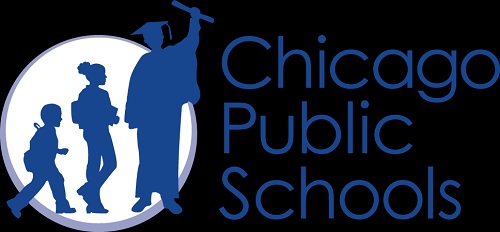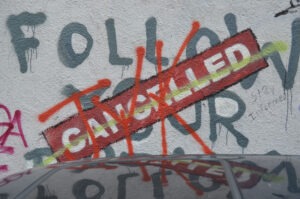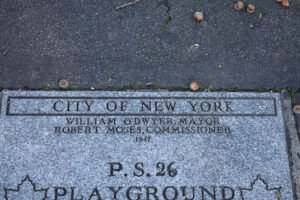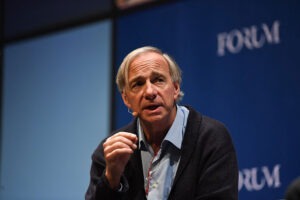
June 8, 2015; DNAinfo Chicago
Against a budget with a $1 billion shortfall, a significantly underfunded pension plan, and the need to negotiate a new labor contract, the tug of war between charter schools and traditional public schools continues in Chicago as it does in many communities from coast to coast.
Under current Illinois law, local school districts have a difficult time integrating charter applications into a strategic planning framework. As written in the Chicago Sun-Times, Jack Elsey, the chief officer of innovation and incubation for the Chicago Public Schools, said the district “can’t base its charter school decisions on need and location because of the Illinois Charter School Commission, which can override CPS if it denies a charter and then fund the school with money that the district would have otherwise controlled. CPS would have no oversight of the school in that case.”
“We have to review applications based on quality, not on location,” he said.
So despite having closed 48 public schools in 2013 and already having over 130 charters operating within the city, CPS has been reviewing proposals for 30 new charter schools for the September 2016 school year.
Sign up for our free newsletters
Subscribe to NPQ's newsletters to have our top stories delivered directly to your inbox.
By signing up, you agree to our privacy policy and terms of use, and to receive messages from NPQ and our partners.
The independence of charter schools, once approved, pits supporters of public neighborhood schools against charter school operators for a share of the already severely stressed CPS budget. Linze Rice of DNAinfo reports:
“Last week at a Local School Council meeting at Gale Elementary in Chicago’s Rogers Park neighborhood, members signed a formal letter ‘adamantly opposing’ the opening of any additional schools in the neighborhood, saying Gale had over $1 million in funding cuts in recent years. When students enroll in charter schools rather than public schools, those who remain within CPS suffer because of the per-pupil funding structure, they said. The reduced funding has caused Gale to cut after-school programs, all librarians, technology teachers and slim down its educational offerings.”
Andrew Broy, president of the Illinois Network of Charter Schools, said in a statement that “charter public schools exist because tens of thousands of Chicago parents demand a choice in the public education system and send their children to charter schools. We do not support charter school growth for the sake of more schools, but to address the quality issue facing the district.”
Local educators see the impact of charter schools differently. Susan Lofton, principal of Nicholas Senn High School, says, “We have all been working so hard with our community to bring our schools up, to serve the community, to offer the programs our families want and to really engage in this resurgence where the community has a true community school that is an asset and a partner.”
What is happening in Chicago illustrates well the debate going on nationally between those who believe that the solution to our educational challenges lies in creating a more robust educational marketplace where every parent and child has the ability to choose the school that is best suited to their needs, interests, and talents, and those who believe that ensuring a quality education for all children requires dealing with issues of proper school funding, poverty, race and community. The struggle in Chicago seems to indicate that the advocates for a market-based strategy are winning this tug of war.
The Chicago Tribune ended an editorial this week with this plea: “This is a war that has to end. It does not serve children.” But with limited school budgets and little data to suggest the marketplace model of education actually outperforms or even matches the public school model, it seems unlikely that their wish will come true.—Marty Levine












